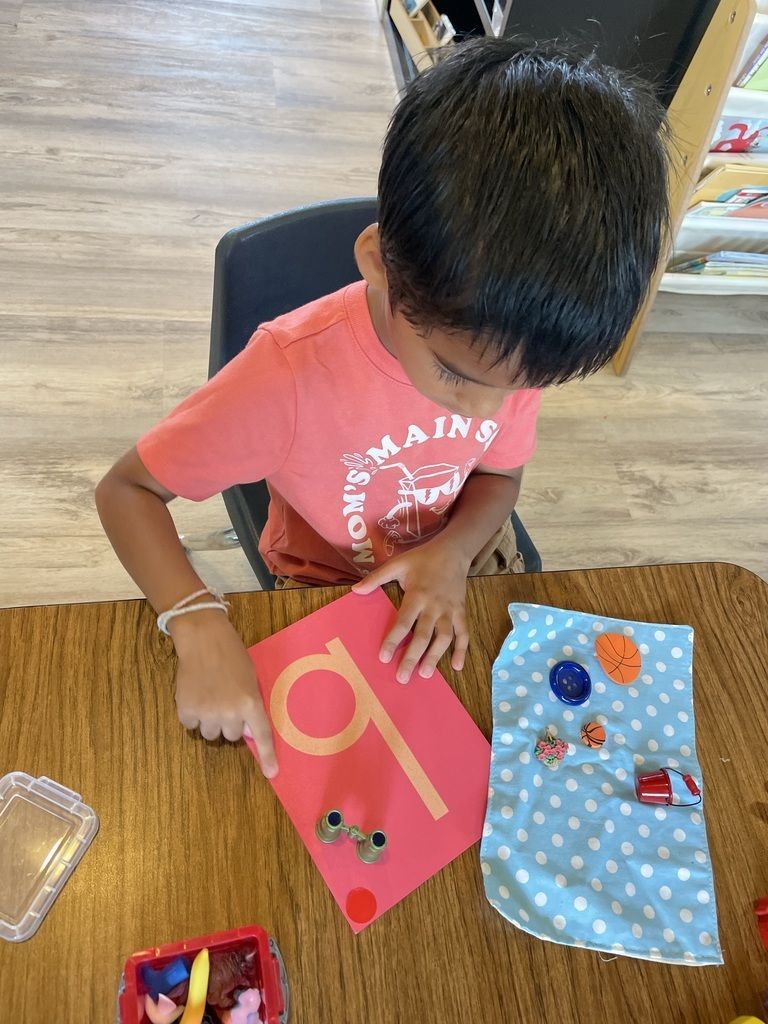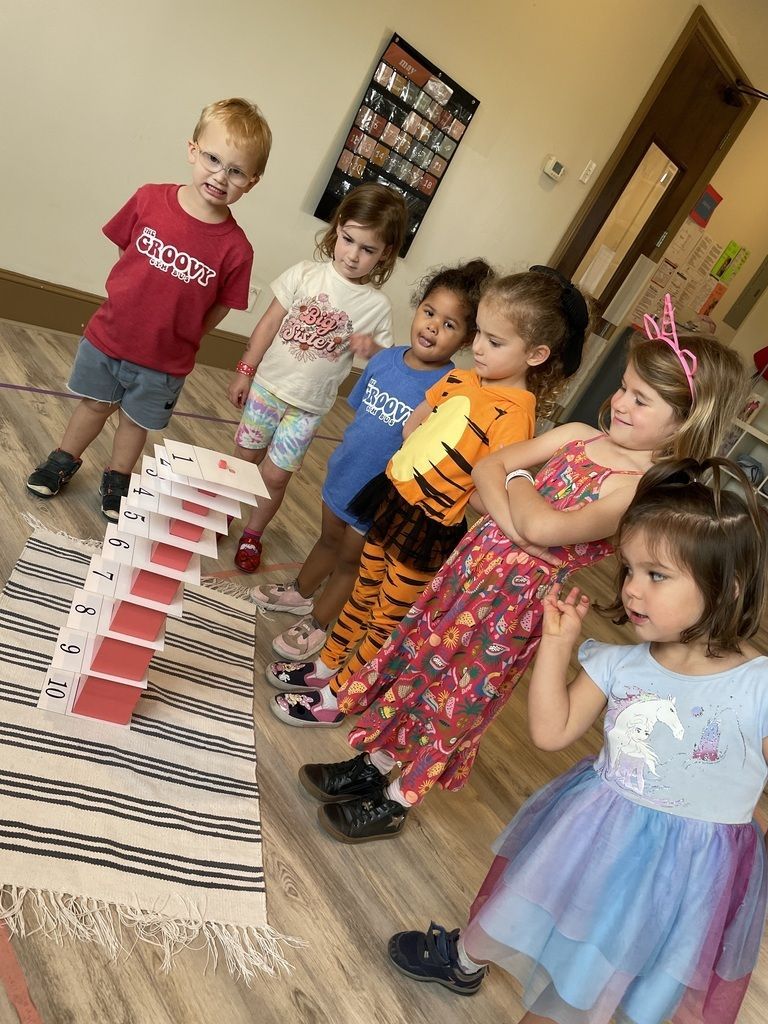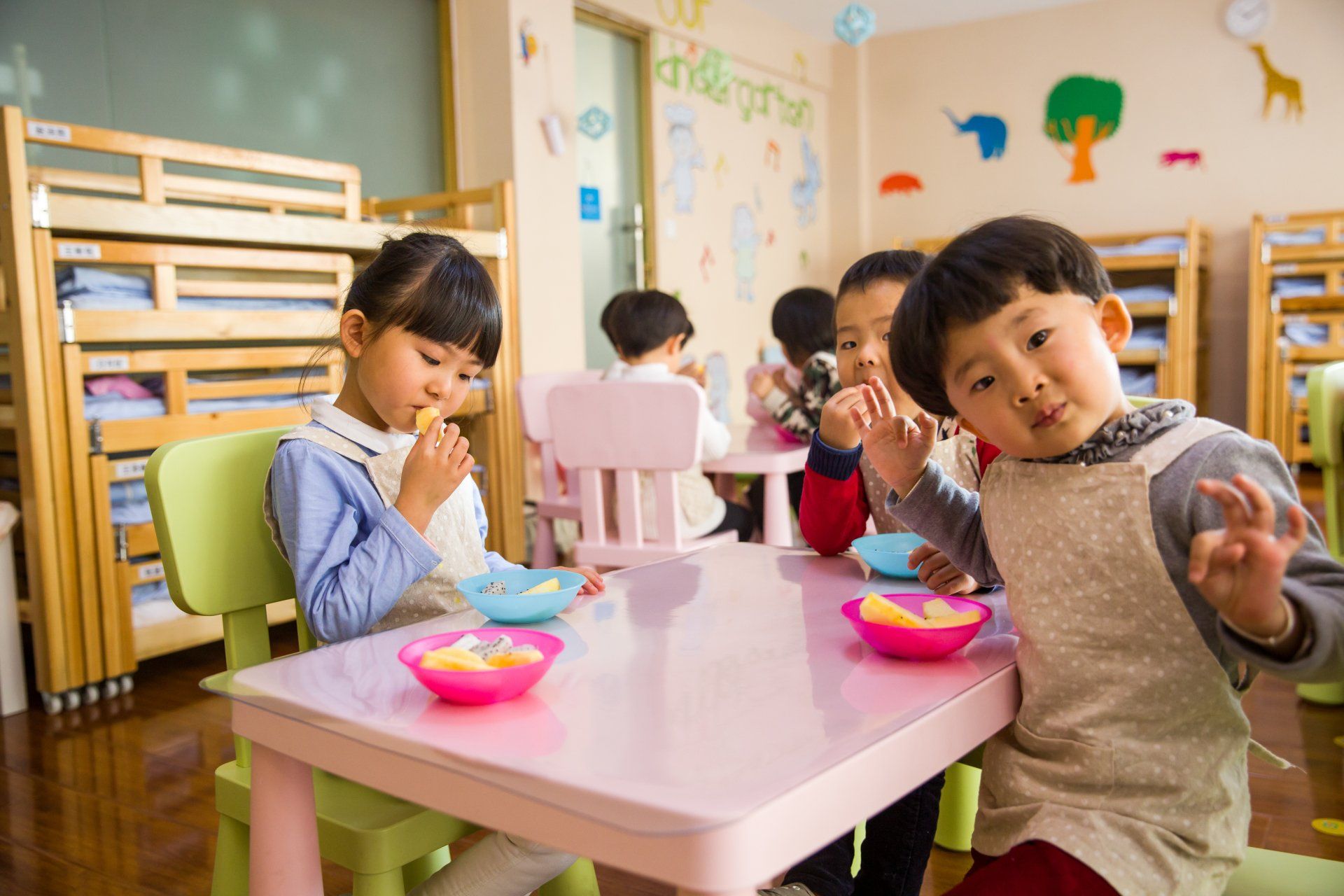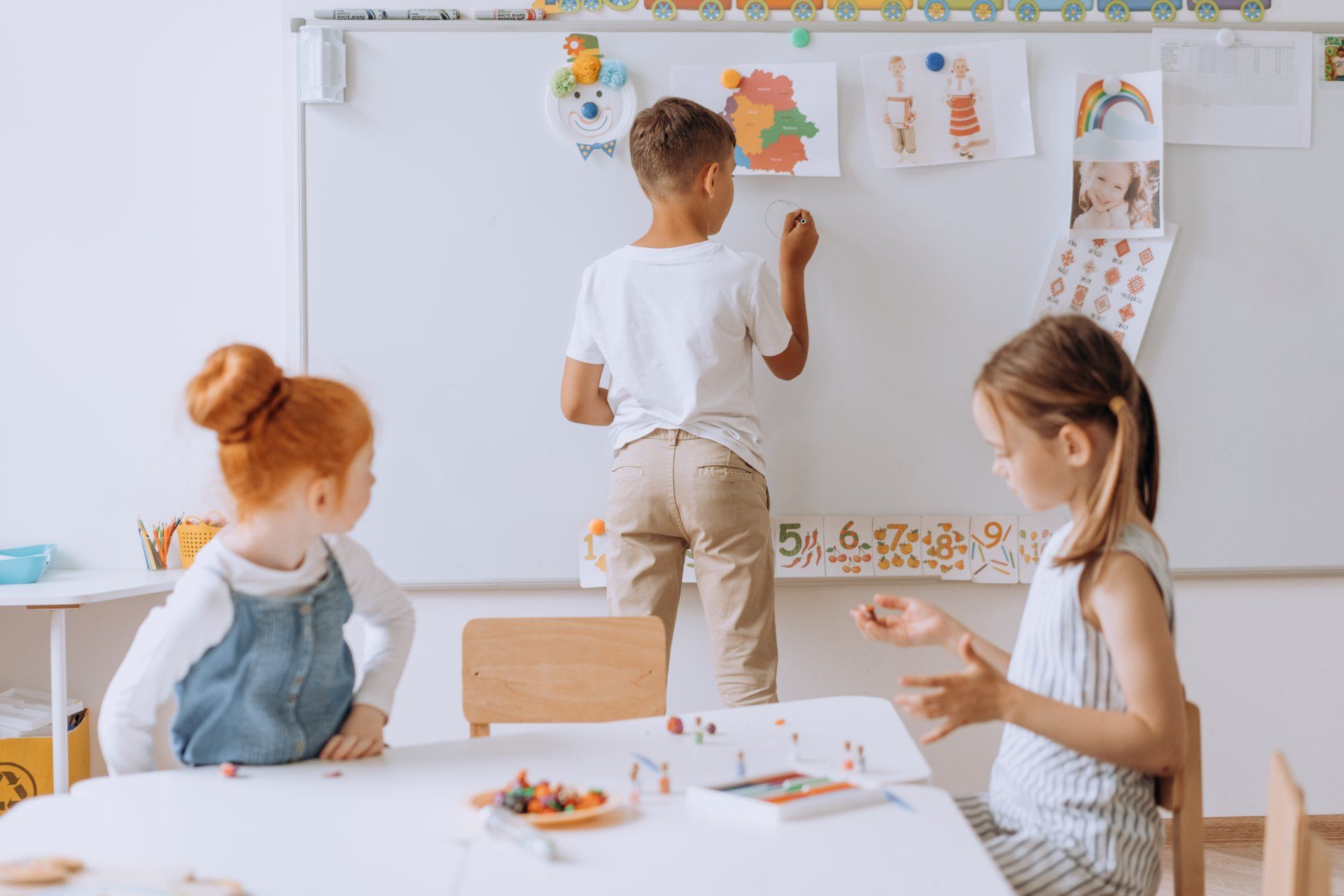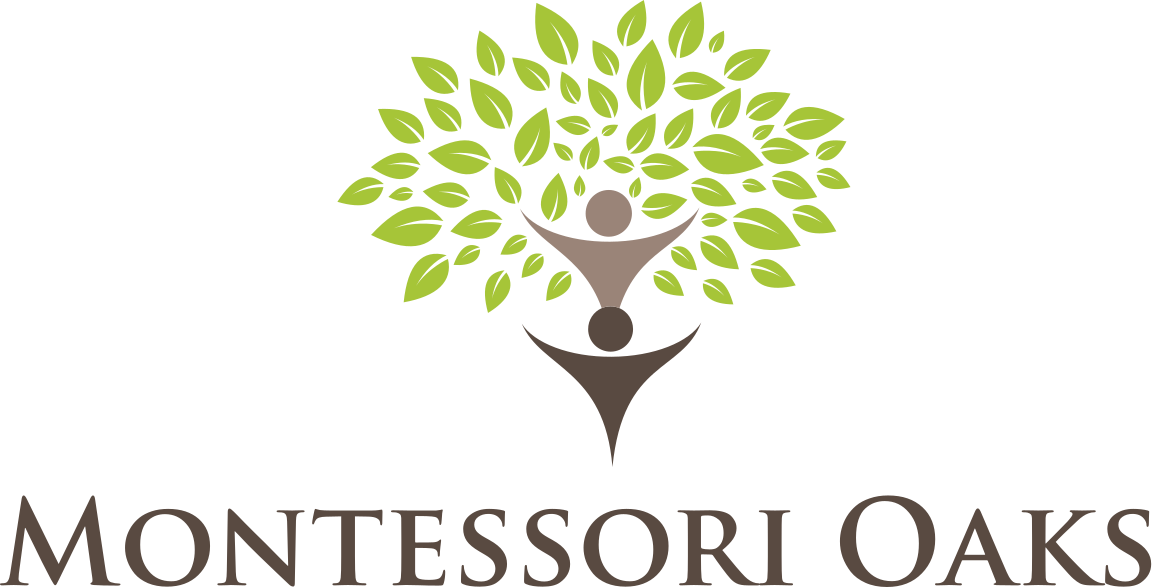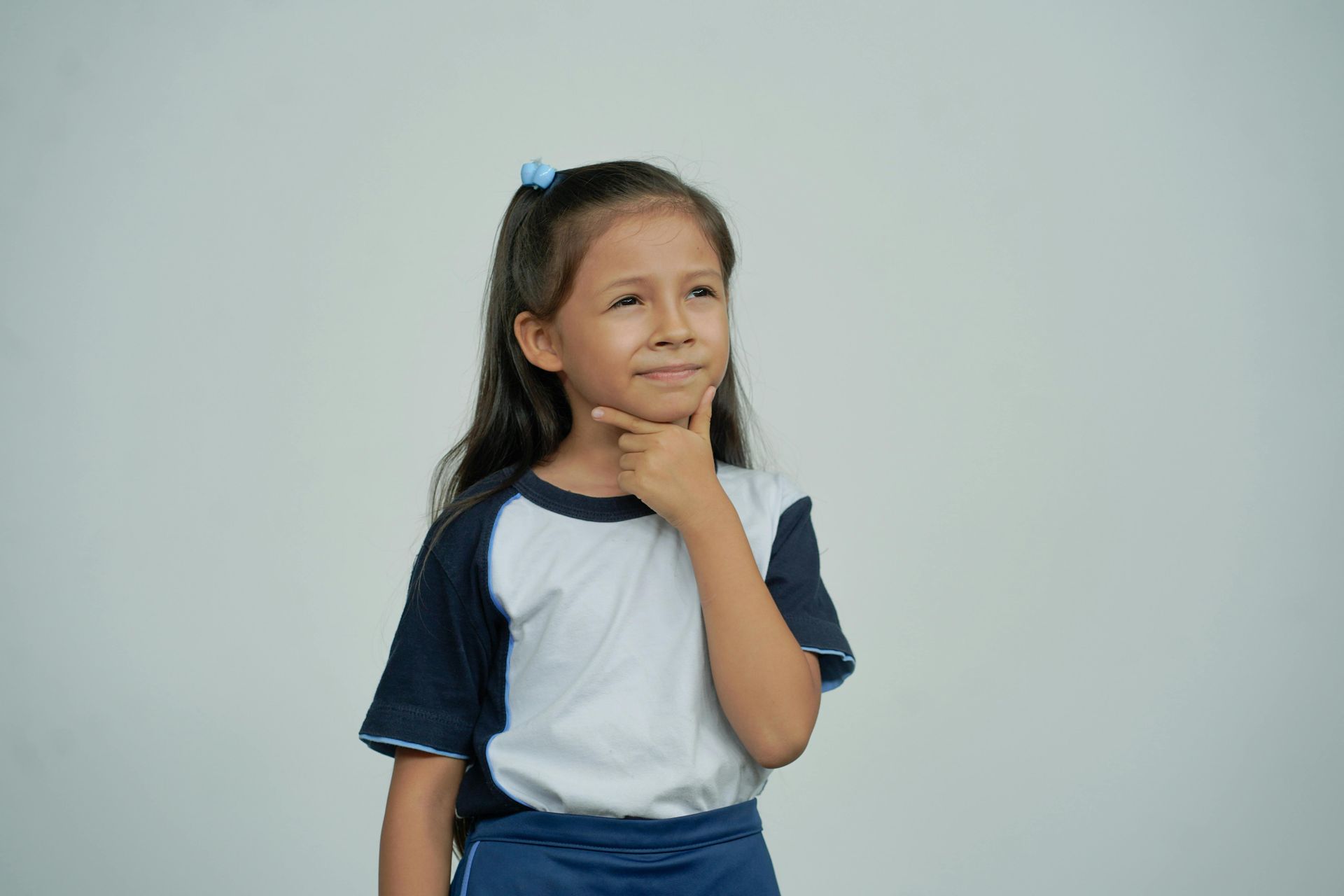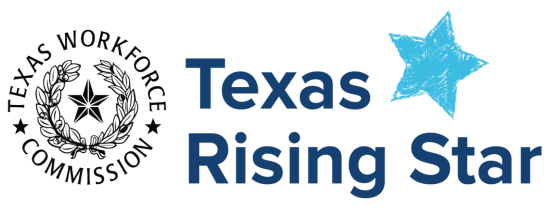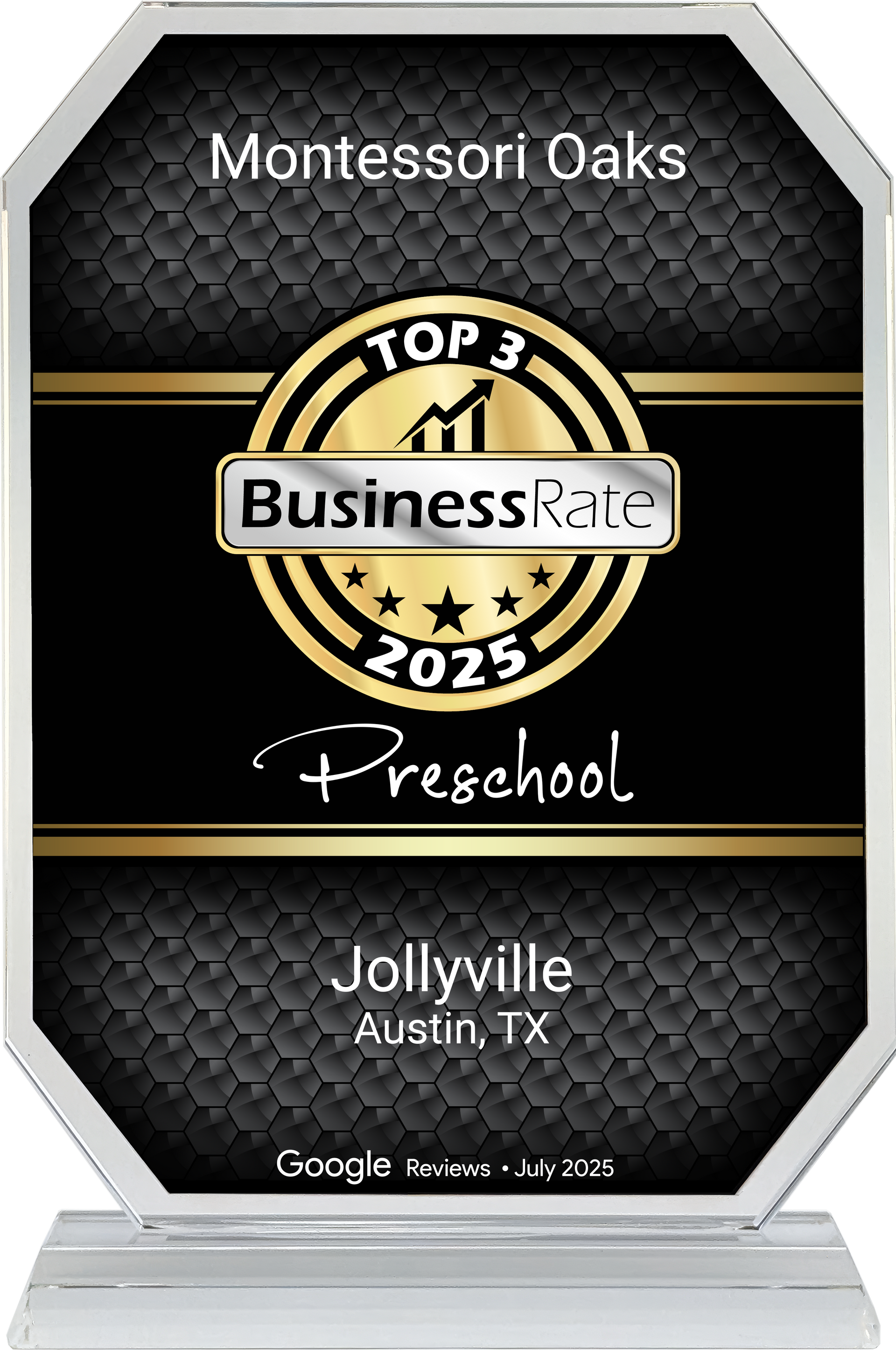The Power of Play: Montessori Preschools and Sports Education
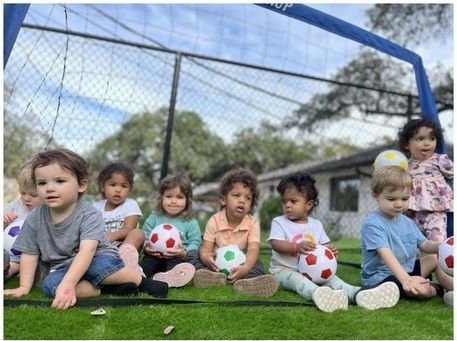
The Power of Play: Montessori Preschools and Sports Education
Montessori education, renowned for its child-centric approach, extends its principles into sports, providing young learners with a unique blend of academic and physical development. Here are the remarkable benefits of integrating sports education into Montessori preschools.
Holistic Development:
Montessori philosophy emphasizes the holistic development of children. Sports enhance physical fitness and contribute to the growth of cognitive, emotional, and social skills. Through sports, children learn teamwork, discipline, and resilience.
Fostering Independence:
In Montessori, independence is a core principle. Sports activities encourage children to make decisions, set goals, and take responsibility for their actions. Whether passing the ball or attempting a goal, each decision is a step towards independence.
Motor Skill Enhancement:
Engaging in sports activities refines gross and fine motor skills. From running and jumping to handling sports equipment, children develop coordination and control, laying a foundation for future physical activities.
Social and Emotional Well-being:
Participating in sports promotes positive social interactions. Children learn to share, communicate, and collaborate with peers. Additionally, they experience the highs and lows of winning and losing, fostering emotional resilience.
Instilling a Love for Physical Activity:
Early exposure to sports nurtures a love for physical activity, setting the stage for a lifelong commitment to health and well-being. Sports are especially crucial in an age where sedentary lifestyles pose significant health challenges.
Academic Performance Boost:
Research indicates a positive correlation between physical activity and academic performance. Regular engagement in sports improves concentration and memory. It also enhances cognitive functions, contributing to overall academic success.
Inclusivity and Diversity:
Sports offer a platform for inclusivity, allowing children of various abilities and interests to participate. Montessori sports education emphasizes the value of every child's unique strengths, promoting an inclusive and diverse environment.
Appreciation for Rules and Fair Play:
Structured sports activities introduce children to rules and the concept of fair play. They learn to respect rules, follow instructions, and understand the importance of fair competition, instilling a sense of sportsmanship.
Building Confidence:
Achieving milestones in sports, whether kicking a ball or scoring a goal, contributes to a child's sense of accomplishment. This sense of achievement boosts self-esteem and confidence, essential for personal growth.
Lifelong Healthy Habits:
By integrating sports into the Montessori curriculum, children are more likely to embrace an active lifestyle as they grow older. This foundation sets the stage for a healthier adulthood.
In conclusion, sports education in Montessori preschools aligns seamlessly with the philosophy's focus on holistic development. Through play and sports, children build a solid physical foundation and acquire invaluable life skills that benefit them throughout their educational journey and life.
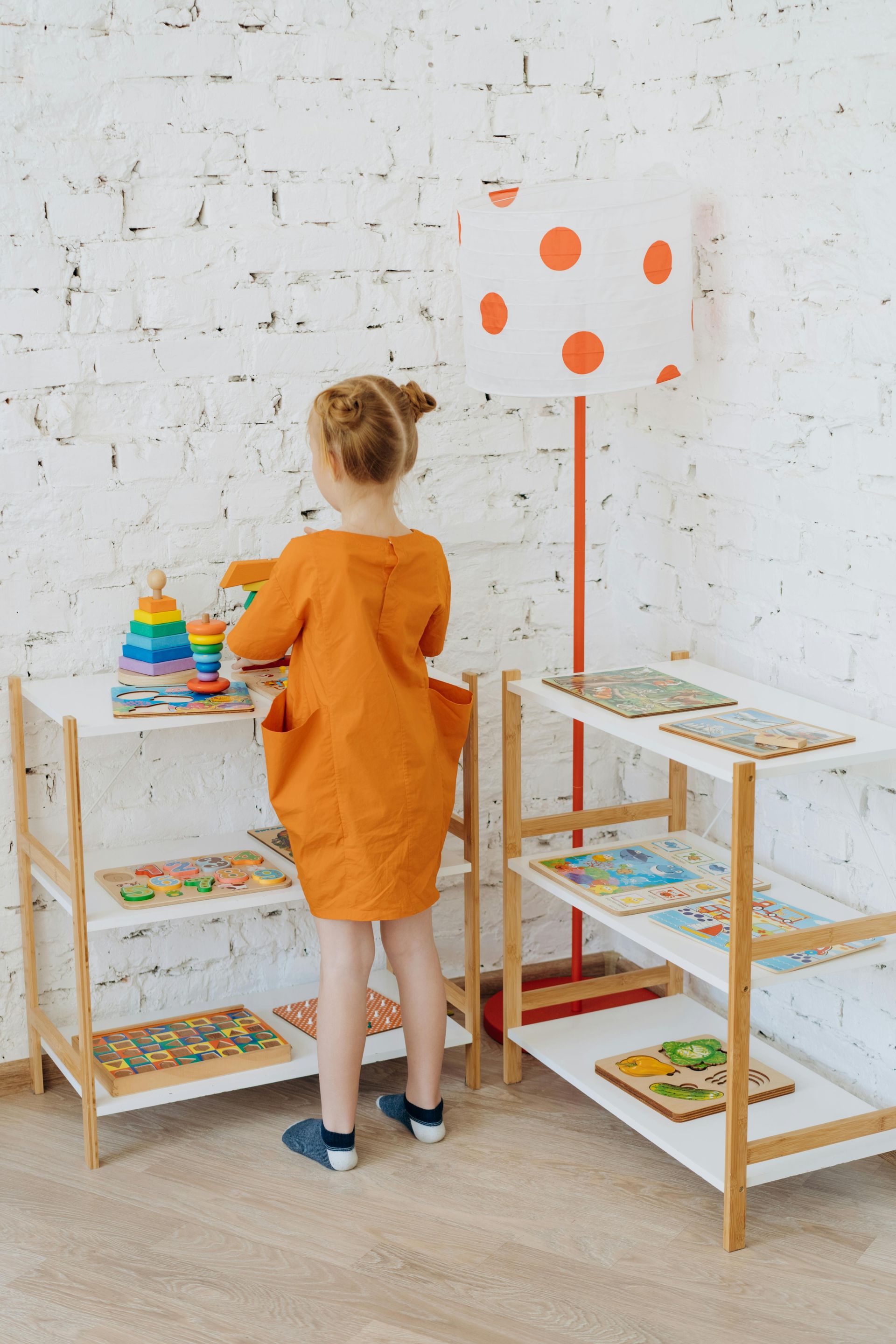

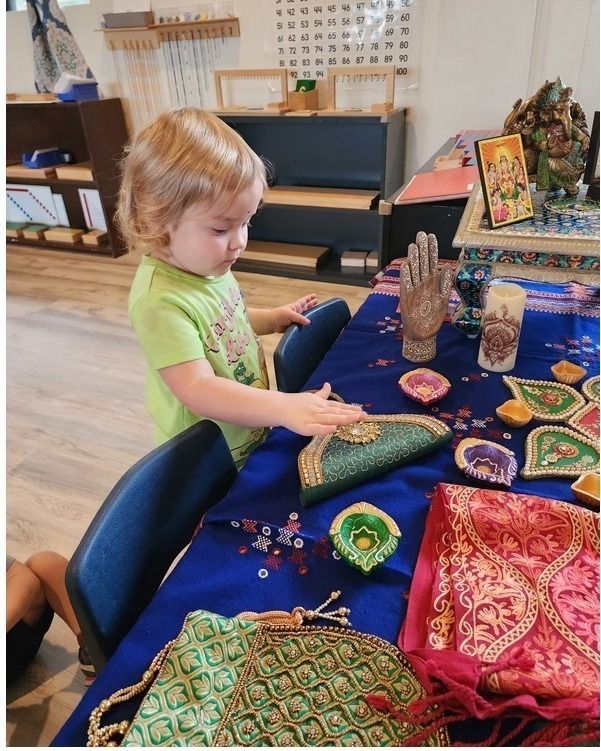
The Importance of Global Citizenship in Montessori Education: Introducing Kids to Different Cultures
